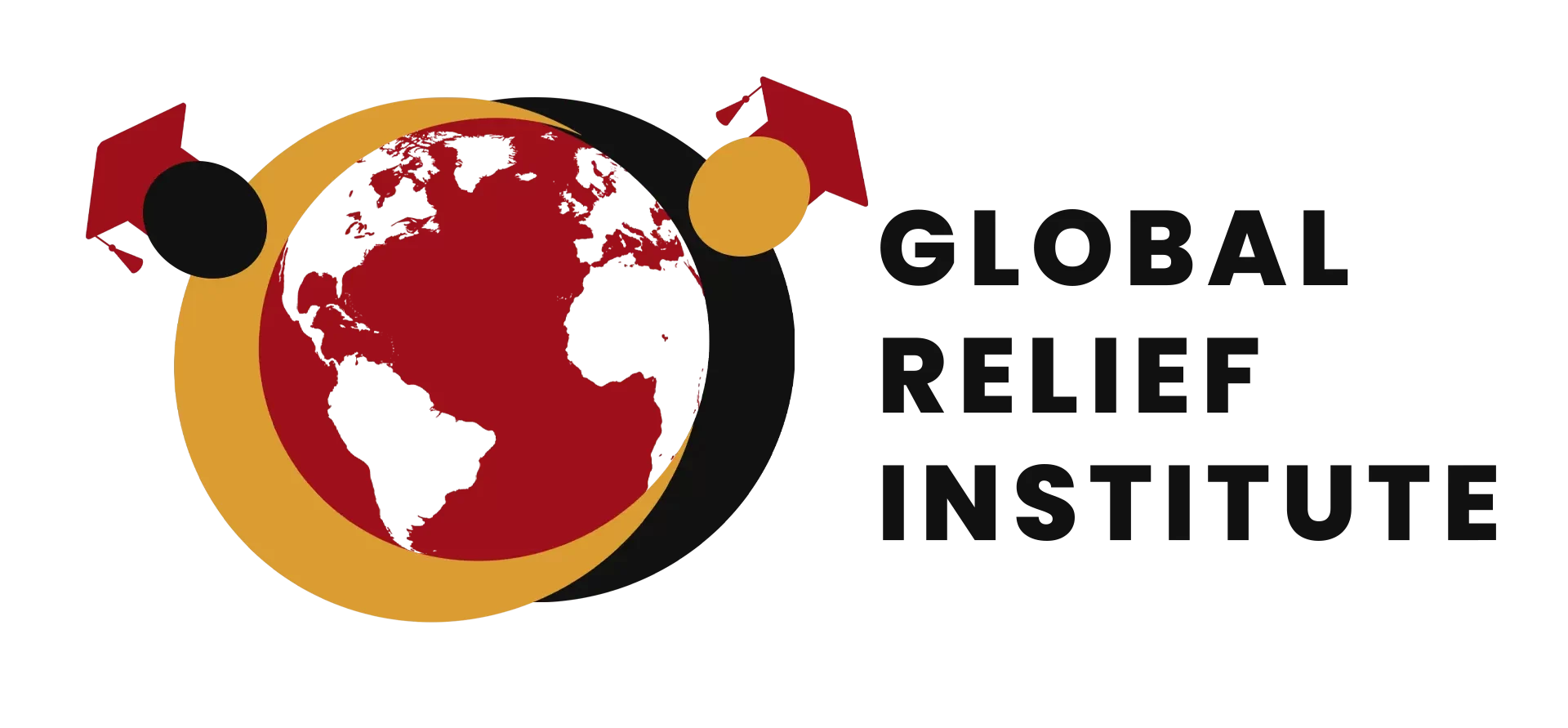Course Overview
This course introduces students to regional systems and standards for protection of asylum seekers from the perspectives of history, legal, theory, and practical concepts. It also examines the escalating challenges for refugee protection resulting from a increased migration, and rising xenophobia.
The course also discusses the critical importance of approaching refugee populations as heterogeneous groups with differing needs and resources, as well as the identification of and response to special protection needs of vulnerable individuals within the community.
Challenges presented by complex emergencies and mass influxes and responses to communities through effective humanitarian aid delivery are also core components of the course. Attention is given to the durable solutions for solving refugee issues, such as repatriation, local integration, resettlement, and the challenges presented by each of them.
Course Content
- Introduction to forced migration: history of population movements, evolution of refugee regime, and basic concepts
- Contemporary challenges of forced migration: mixed migration, human trafficking, complex emergencies, and mass influxes
- Division of roles and responsibilities: governments, donors, NGOs, and the cluster approach
- The search for durable solutions as an integral part of protecting refuges: key challenges in a shrinking world
- Regional frameworks for refugee protection; Geneva convention of 1951 and 1967 protocol.
- The search for durable solutions as an integral part of protecting refuges: key challenges in a shrinking world
- Participatory needs assessment of refugee populations: identification of and response to individuals with special protection needs.
- Participatory needs assessment of refugee populations: identification of and response to individuals with special protection needs.
Exercises:
After reading course materials, students are expected to complete some relevant exercises and tasks to test their own learning.
Assignments
Students will be required to submit three assignments to demonstrate their understanding of the course content.
DURATION: 3 Months
REGIONS TARGETED: Global
COURSE FEE: €500
ORGANIZERS: GRI
LANGUAGE: English and French
FORMAT: Online Learning
GENERAL COURSE CONTACT:



